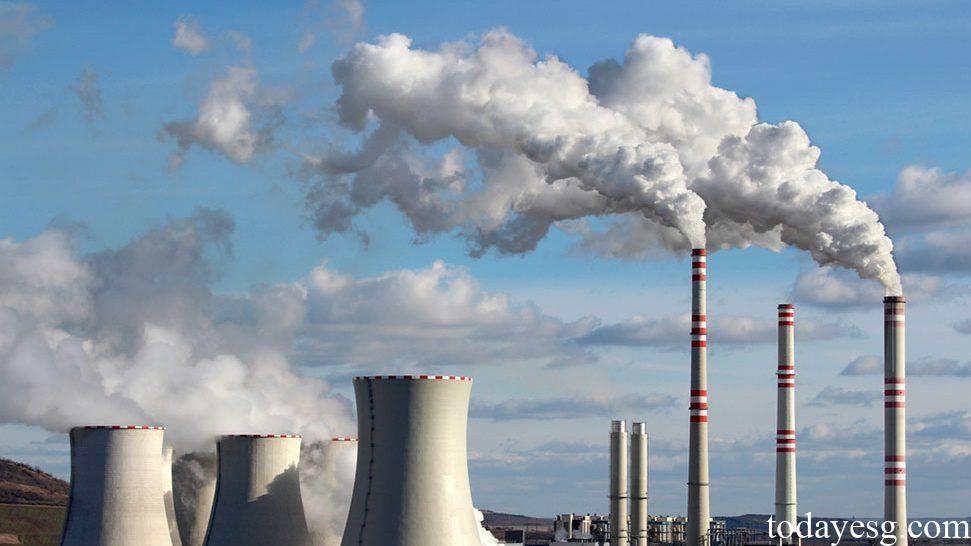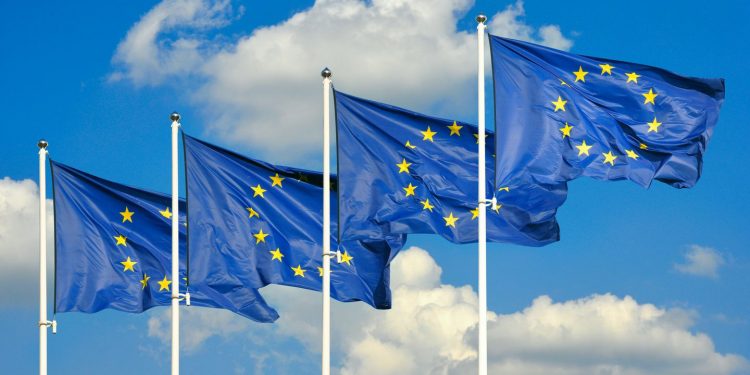Carbon Removal Certification Framework
The European Parliament adopts Carbon Removal Certification Framework (CRCF), which aims to measure, supervise, and verify carbon removal activities and reduce the risk of greenwashing.
The European Parliament believes that robust, reliable, and transparent carbon removal certification can promote the development of the Voluntary Carbon Market and help the EU achieve its climate neutrality goal in 2050 and become a global leader in carbon removal area.
Related Post: EU Deploys Revenues from Emission Trading System
Background to Carbon Removal Certification Framework
To achieve the Paris Agreement warming targets, the world needs to reduce greenhouse gas emissions in the coming decades. On the one hand, adopting a circular economy and improving the efficiency of industrial production can reduce carbon dioxide emissions. On the other hand, using carbon capture technology to remove carbon dioxide from the atmosphere to compensate for some carbon emissions that are difficult to reduce is also an essential way.

European Climate Law stipulates that the EU achieve climate neutrality by 2050, which means that carbon emissions and carbon removals need to be balanced. However, in recent years, the amount of carbon removal in natural ecosystems has been declining, and industrial carbon removal has not yet been promoted. EU states in its Circular Economy Action Plan that it will develop an effective certification framework to ensure high-quality carbon removal and accurate certification.
In its previous Conference on Sustainable Carbon Cycles, the EU collected some possible problems that stakeholders may have regarding the carbon removal certification framework, such as the difficulty in assessing the quality of carbon removal and the market’s acceptance of carbon removal certification and the high capital cost of carbon removal activities.
Contents of Carbon Removal Certification Framework
The Carbon Removal Certification Framework (CRCF) will initially serve as a voluntary framework to encourage the market to adopt high-quality carbon removal actions that generate clear net carbon removal benefits and avoid greenwashing. At the same time, the carbon removal certification framework will also bring co-benefits to biodiversity and achieve the relevant goals of the European Nature Restoration Law.
The Carbon Removal Certification Framework will measure the net benefit of carbon removal to demonstrate a positive impact on climate change. The net carbon removal benefit will be calculated in a two-step process, first quantifying the additional carbon removals resulting from the carbon removal activities compared to the baseline case, and secondly subtracting the greenhouse gas emissions resulting from the implementation of the carbon removal activities from the additional carbon removals. Carbon removals need to be quantified in an accurate, complete, and consistent manner to ensure high quality calculations and reduce uncertainty.
The Carbon Removal Certification Framework recognizes that the determination of baseline conditions needs to be as simple as possible to reduce the compliance costs of adopting carbon removal actions. Participants also need to consider possible reversal risks, whereby the carbon dioxide stored in carbon removals is re-emitted into the natural environment in another way in the future. These reversal risks may result in a discount on carbon removal units.
After implementing standardized, verifiable carbon removal activities, the Carbon Removal Certification Framework will provide a detailed certification methodology to develop certification standards in a scientific manner. These certifications include independent third-party audits and the publication of audit reports. Certification of carbon removals needs to include accurate and transparent information on actions, including removal volumes and net carbon removal benefits, for application in the Voluntary Carbon Market (VCM). Subsequent regulatory authorities will formulate specific certification rules and procedures and establish a public register to ensure the transparency and traceability of carbon removal certification and avoid the risk of fraud and double counting.
Considering future technological advances and market developments, regulators will review the implementation of the carbon removal certification framework three years after it comes into effect, considering the results of the Paris Agreement’s Global Stocktake, in order to make appropriate changes.
Reference:
Carbon Removals: MEPs Adopt a New EU Certification Scheme
Contact:todayesg@gmail.com








